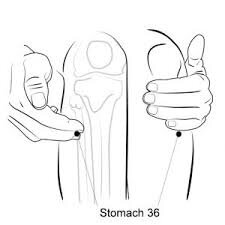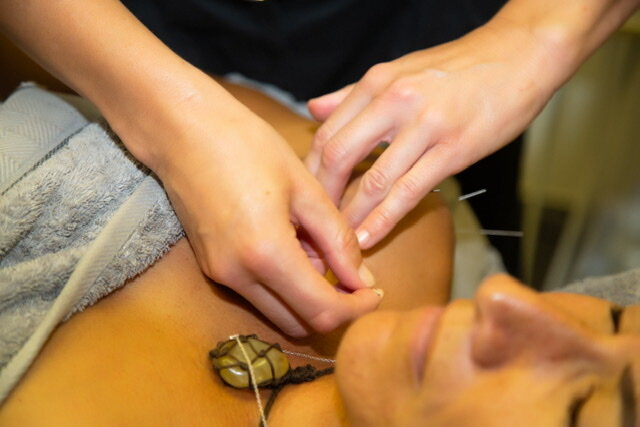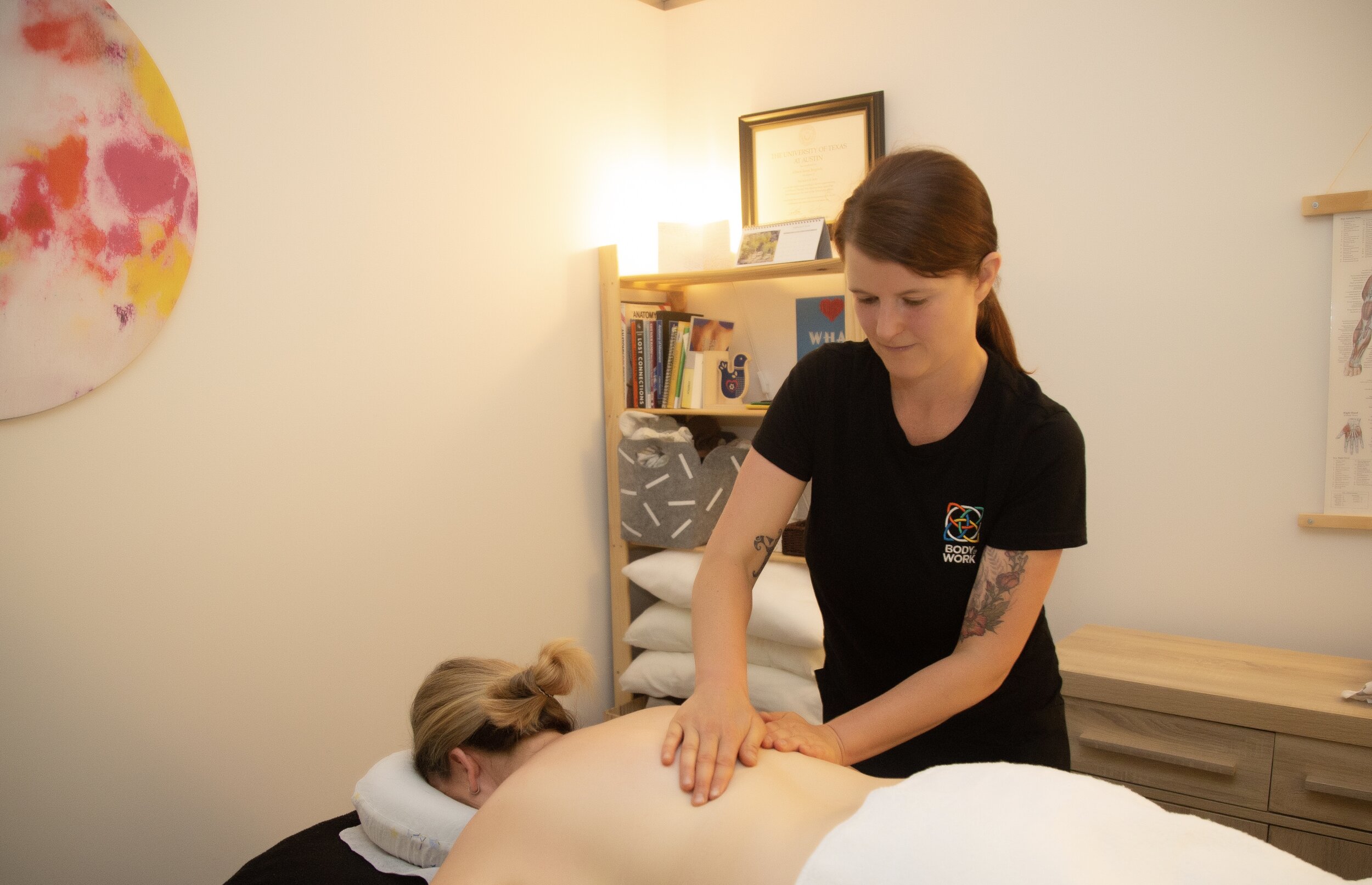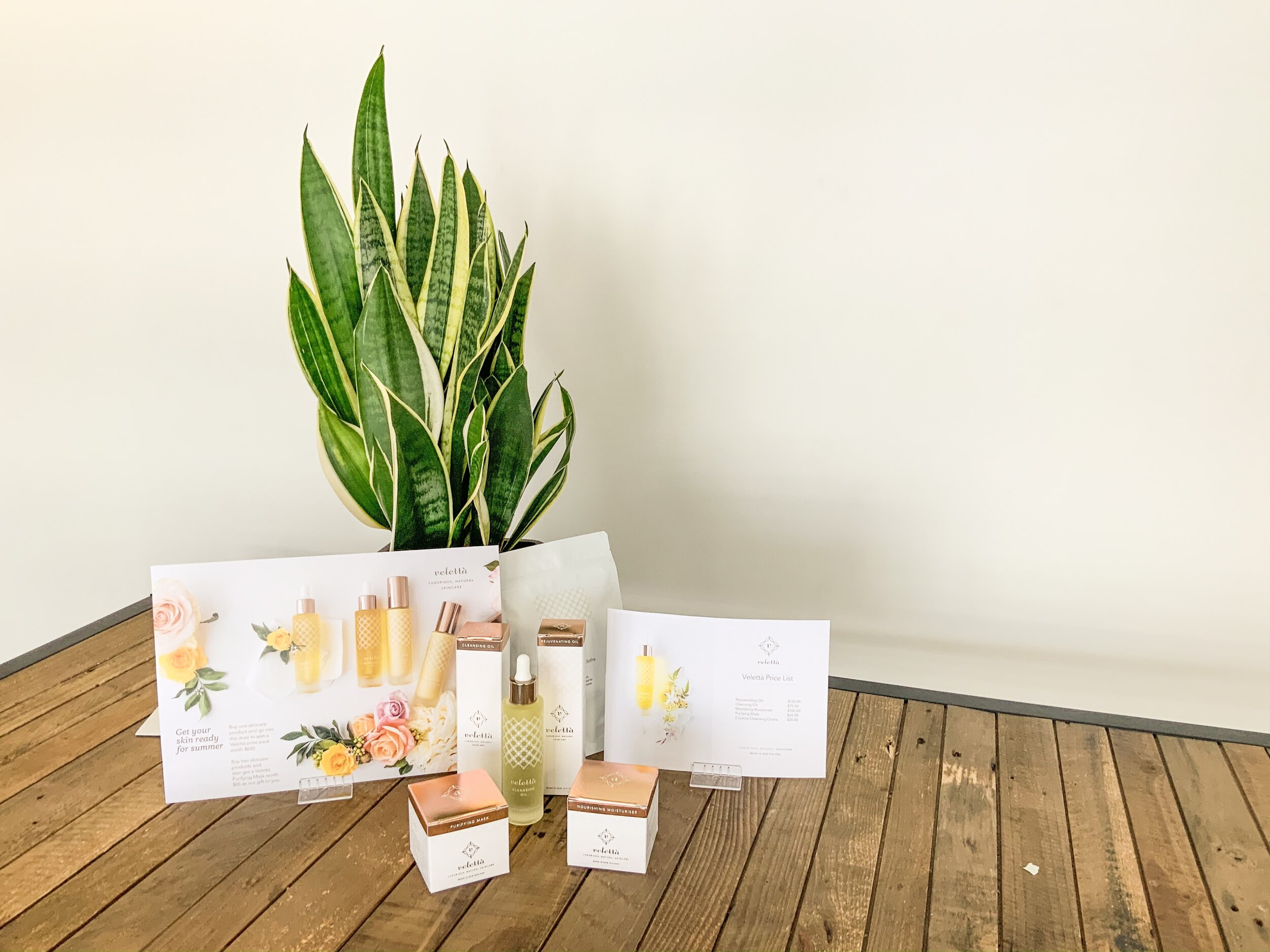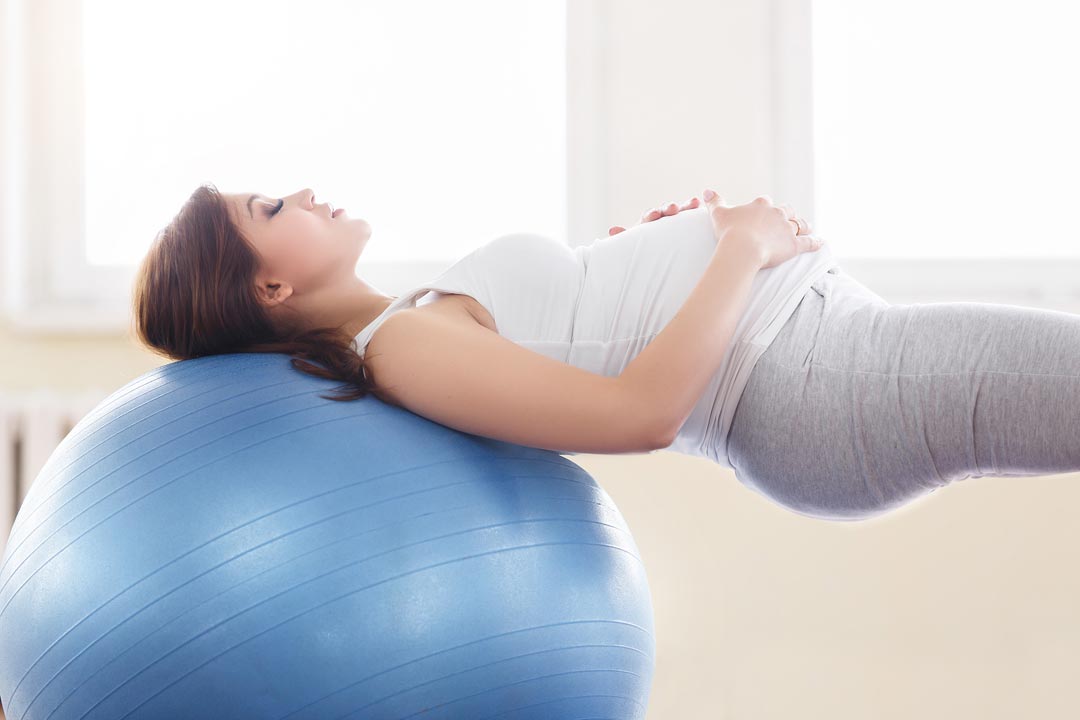After a week in lockdown how is everyone feeling? I know I’m really up and down, moments where being confined really aggravates (despite supporting the reason), then other moments where having time to catch up, walk, meditate, send Reiki, enjoy family (when we’re not “discussing”), has been amazing. Still we’re in this together which feels great, a feeling of connection when we meet others while walking (and maintaining a safe distance).
Given the majority of us are now based at home I wanted to give you my thoughts about keeping yourself healthy over the coming weeks, much of this is common sense but when experiencing such unusual circumstances its easy to forget how to normalise our response, how to get back to basics. Its simple things like Friday usually being a celebration of the end of the week, how do we make that transition from the working week to the weekend? My son Kade and I decided to have a game night rather than just having dinner and finding a movie, or all doing separate activities.
A major factor for us all will be managing our stress response, the possibility of getting sick, or having family/friends who get sick, losing income, being confined to four walls, continuing to work or do school work when at home, fighting over the internet, managing our kids in confined spaces, it’s all going to take time to get used to. Don’t underestimate the effect this stress can have on your health. Be kind to yourself and those you’re in isolation with, and keep in touch with family and friends. Try something new – if you don’t regularly practice abdominal breathing or meditate this would be a great time to start, there is plenty of research that shows these activities reduce stress.
Create a routine, go to bed and get up at the same time each morning, decide when you’ll work/learn, and find things to do during the day that stimulate you – what about: drawing, baking, learn some phrases from another language, colouring in, play cards or other games, read books, weed the garden, declutter the house. What else have you always wanted to have time for? Or search online for plenty of other ideas.
In our normal routine we walk to the car, bus, train, to the office, to the classroom, shopping, meeting friends, please don’t trade this “movement” and get out of bed then move to the couch! Its vital that we get some exercise, we’re still able to get outside – walk down the street, around the park, around the house, up and down stairs, search online for exercise options, but make sure you move properly at least once daily - aim for 180 minutes per week. There is a risk that some will end up overweight after 4 weeks of no movement or exercise, and overeating, don’t fall into this category!
Eat breakfast lunch and dinner at regular times, drink plenty of water (2 litres is great), don’t overindulge on coffee, tea, or soda, or alcohol – consider all of those as for special occasions. Eat well, now’s not the time to comfort eat, plenty of brightly coloured fruit and veggies, superb for antioxidants, vitamins and minerals, just right to boost our immunity. Include Essential fatty acids, these are the omega 3 – fish oils, flax seed oil, hemp oil, they’re important to decrease inflammation (seen in everyone), and they help with immunity.
Watch your digestion, remember that each body system interacts with the others, how well you digest is going to impact on how you manage stress, and how you maintain immunity. Do you have any indigestion or abdominal discomfort after eating (bloating, wind, pain, nausea, constipation or diarrhoea)? These are signs you are not digesting properly, slow down when eating, chew 10-30 times before swallowing, eat mindfully – this means being aware of what you’re eating, enjoying the occasion, not inhaling food while working or watching screen. Identify what food makes you feel unwell, and reduce or eliminate it, keep a food diary and write down what you eat each day and what symptoms you have – see if you can find a pattern.
Mixing a little Apple cider vinegar or lemon juice in a half glass of water before breakfast is great to get the digestive system kick started, likewise a handful of mesclun salad leaves (generally filled with bitter greens) is great to stimulate the liver to aid digestion, try 20 mins before lunch or dinner.
Eat protein at each meal, it helps to improve satiety so you’re not hungry quickly after eating, protein is like a building block, very important to keep us healthy and regenerate our cells keeping all our body systems vital. Found in fish, chicken, meat, seafood, eggs, dairy (yoghurt, milk, cheese, butter), chia seeds, quinoa, lentils, chickpeas, almonds, tofu, edamame, sunflower seeds, sesame and poppy seeds, vegan protein powder.
Remember your vitamin C - as an antioxidant and for immune support, it also reduces the body's response to allergies. Sources of Vitamin C include kiwifruit, papaya, black currents, melons, kumara, radishes, pineapple, asparagus, banana, carrot, blueberries, artichokes, pear, green beans, corn, celery, cucumber, cabbage family, dark green veges, lettuce, tomatoes, potatoes).
Another important vitamin is the B’s, they improve energy production, help reduce/manage stress, and aid carbohydrate metabolism. Food high in vitamin B are animal products, brewers yeast, other foods containing B vitamins include: quinoa, buckwheat, prunes, spirulina, chia seeds, mushrooms, wild rice, sunflower seeds, avocados, pine nuts, coriander, figs, pineapple, kumara, lentils, nuts, green leafy veges, chicken, fish, eggs, seafood.
I am still available for Naturopathic advice over zoom or Skype. Contact me via email: gina@bodyofwork.co.nz
Stay healthy and safe
Gina








